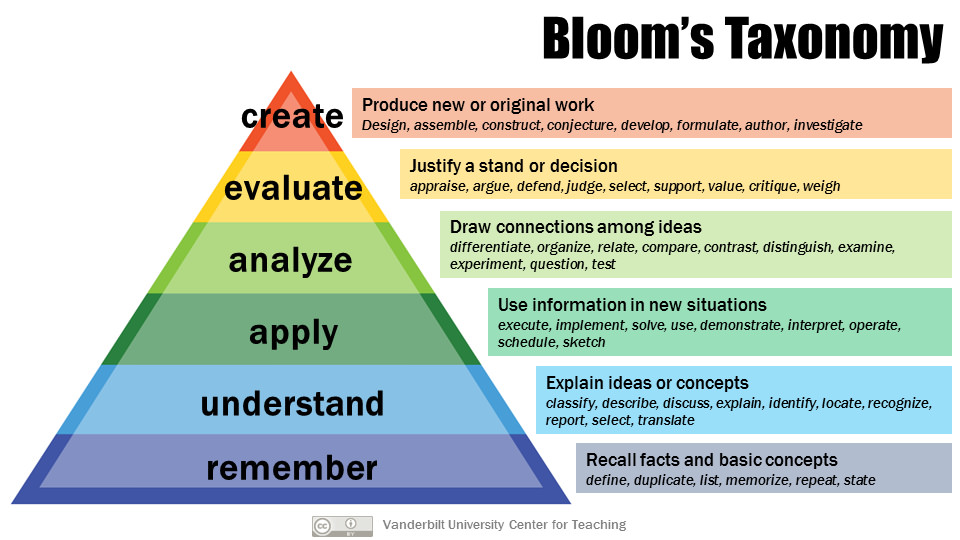Midterm Exams
This week, we will talk about midterms. Midterms are exams that happen about the middle of the semester. Not every class has a midterm exam, but for those who do, they are definitely on your students’ minds.
Midterms can provoke anxiety in students because this is the first time they are experiencing college midterm exams, and things that are new can feel scary. Your Deacs may also be worrying about your reaction to their midterm grades. Here are a few things for new families to consider.
It is not unusual to see midterm grades that are lower than what a student was used to in high school. If this ends up being the case with your student, please do not panic. Sometimes first-year students study for tests the same way they did in high school, or think they can give the same kind of answers on tests – for example, students may be memorizing facts, but in college a professor wants them to understand and apply concepts to show their mastery of the material.
You can see from this graphic (click on it to enlarge) that there are various levels of thinking. The level students were expected to perform at in high school is likely lower than where they will need to perform  in college.
in college.
As parents/family members, remember to be supportive of your student. Your Deacs are likely worried about your reaction to their midterm grades. You can help by reassuring them that you understand this is their first set of college midterms and you know this is a learning process.
Because college is harder than high school, your new Deacs may have to make some changes in their study habits, and that’s ok – there is still plenty of time to improve. Your student should use the first few months of school to discover what it takes to succeed. There is free tutoring from CLASS (the Center for Learning, Access, and Student Success), as well as help from the Chemistry Center, Computer Science Center, the Math and Stats Center, and the Writing Center. In addition, there is Academic Coaching within the CLASS; read more here.
With support from home and Wake Forest’s many resources, your student will learn what works best for them.
